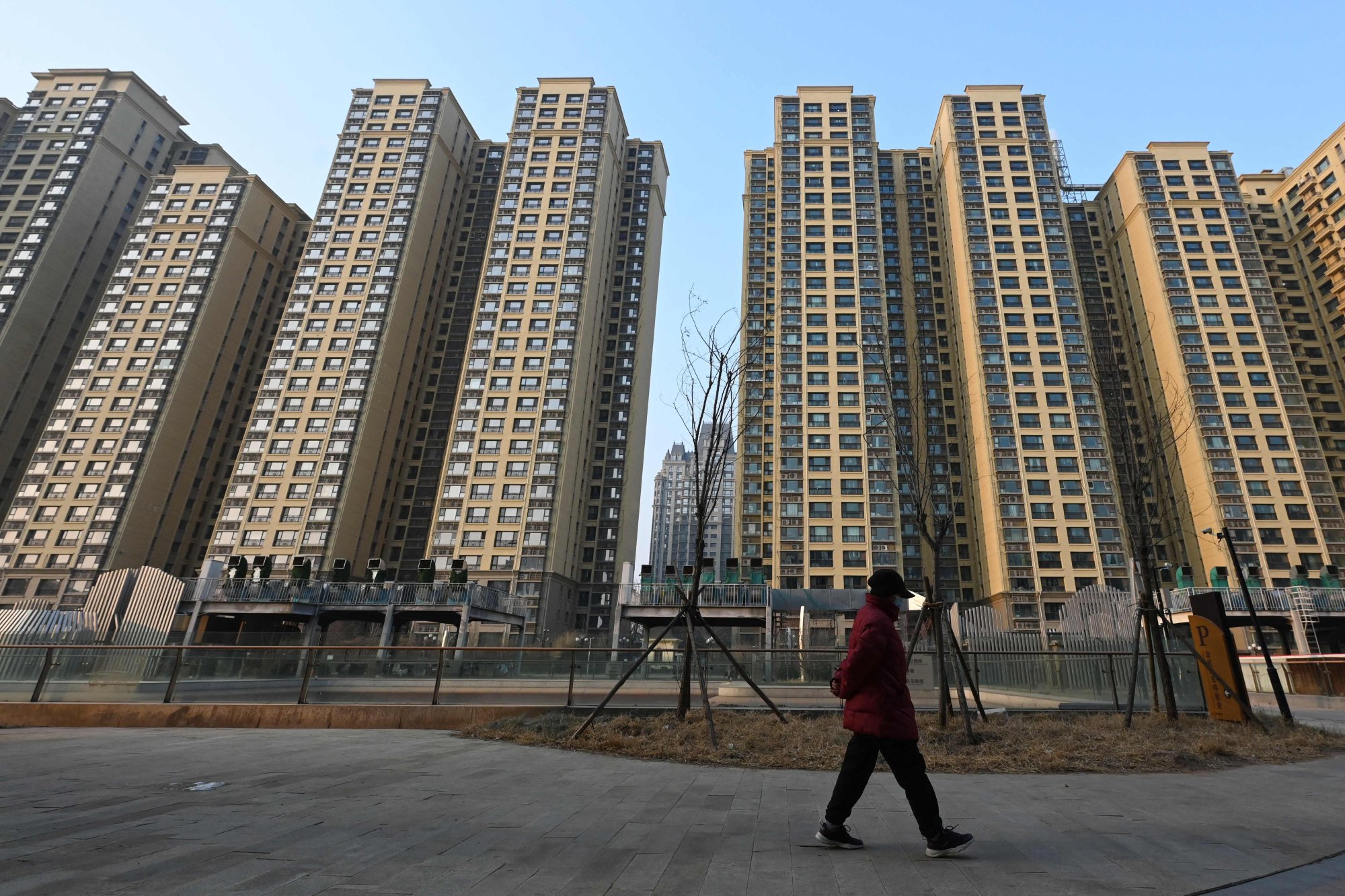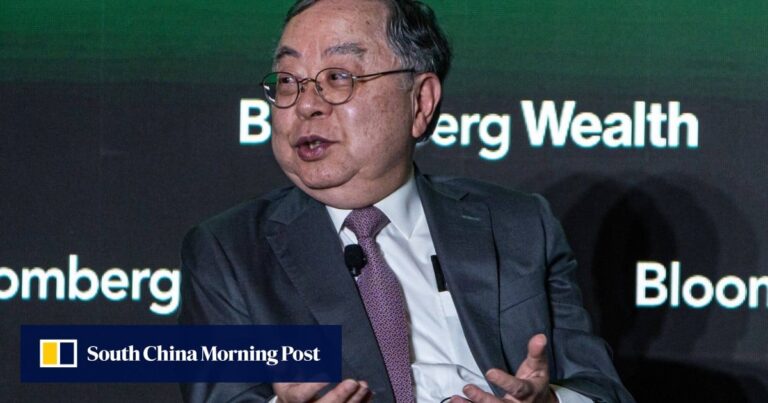Ronnie Chan Chi-cheong, honorary chairman of Hang Lung Estate and chairman of the Asia Society Hong Kong Centre, said the US was showing signs of retreating into isolationism. He added that domestic political strife and uncertainty over Donald Trump’s possible return to the White House next year had left the US in a “state of internal strife”.
But “the fact that the United States is moving toward isolationism does not mean that the United States is in decline. Absolutely not,” Zhang said at an event held by the China and Globalization Center in Beijing on Friday.
He said the United States continues to have advantages and strengths in research capabilities, technological capabilities and entrepreneurial spirit, with strong capital markets and a resilient economy.
“Many people in this country [China] “Now they’re saying the East is on the rise and the West is in decline. I think they’d better be careful what they say,” he said.
China is stepping up efforts to rescue its ailing real estate sector and minimize the damage to the broader economy, while revitalizing private enterprises, a pillar of job creation and innovation, and reorienting growth around high-added-value, advanced manufacturing.
Further uncertainty comes from China’s deteriorating relations with the United States and the European Union, two of its three largest trading partners.
Li Daoao, a professor of economics at Tsinghua University, said at the event that top leaders were likely to announce “big” policies to heal the economy and promote growth.

Li, director of the Academic Center for China Economic Practice and Thinking at Tsinghua University, said economic growth is currently below the potential rate of 5.7-5.8 percent.
Measures are needed to address the real estate woes, and the government needs to find incentives for local governments to shift from production to consumption, he said.
Chan warned against excessive optimism about the global economic and geopolitical situation, suggesting precautions were needed.
“The world is in a very challenging situation and we need to prepare for cascading changes,” he said.
“I feel like the next 10 years will be the most crucial decade in the world.”
Zhang also said there are no winners in a US-China conflict, but both sides could lose.
“By trying not to lose, you end up waiting for the other guy to throw a punch. That’s the sad game they were playing. In my personal assessment, it’s not how many punches you can throw, it’s how many punches you can take,” he said.
Zhang described himself as an internationalist and said he wanted the United States and China to coexist peacefully.
“But if one side doesn’t want that, especially if one side is more powerful and has the power, there’s nothing we can do.”

